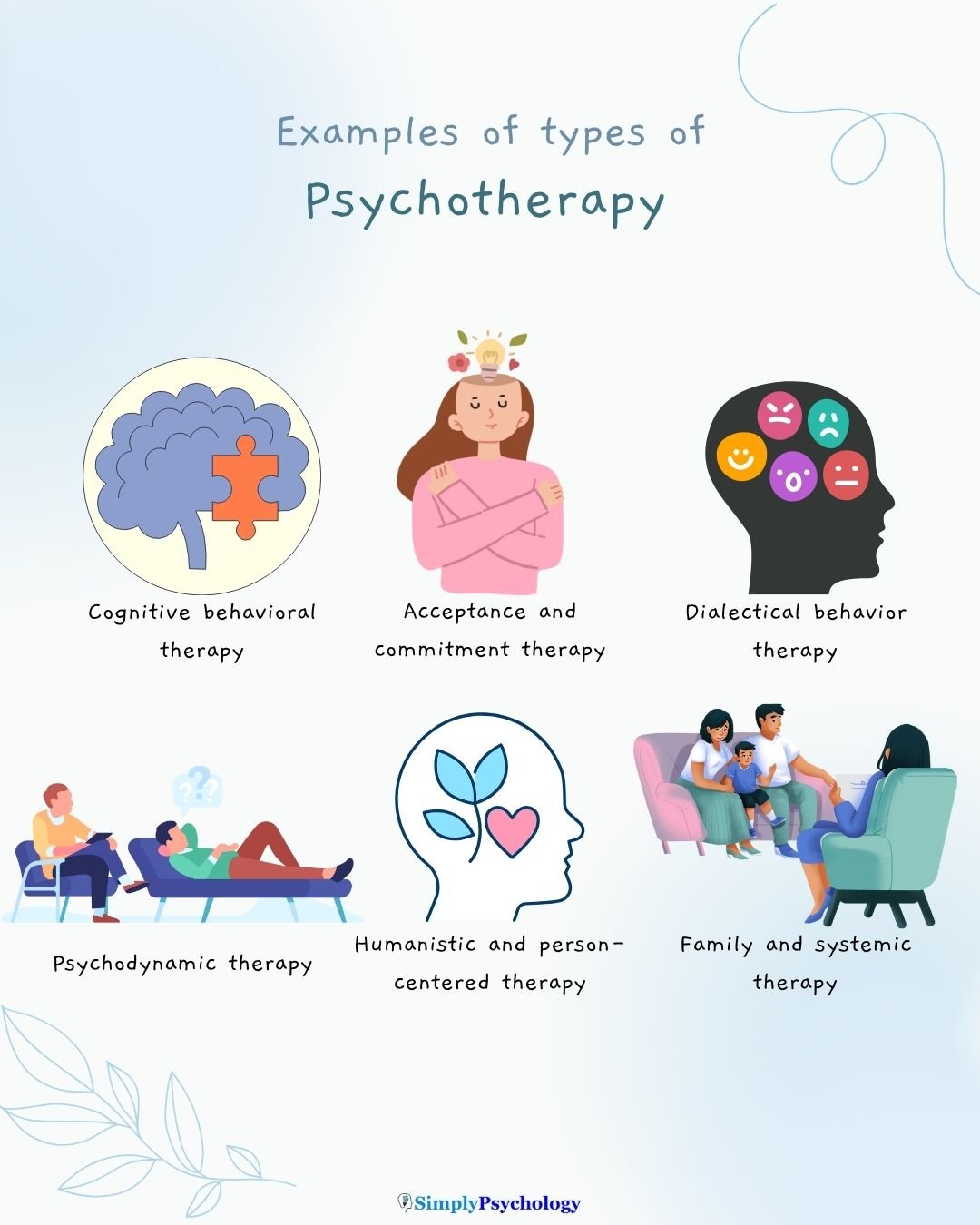Discover Everything About the Various Types of Counselling Available Today
The landscape of counselling today provides a diverse array of choices tailored to meet differing mental wellness requirements. From individual sessions addressing personal battles to group settings that cultivate shared experiences, each type offers an unique objective (virtual therapy). Pairs and family therapies concentrate on partnership dynamics, while innovative approaches like art treatment motivate expression. Understanding these various methods can reveal useful tools for maneuvering life's challenges. What could be the right fit for you or somebody you understand?
Private Counselling

The procedure generally entails setting individual objectives and establishing dealing strategies customized to the person's scenarios. Techniques might include cognitive-behavioral therapy, psychodynamic therapy, or mindfulness practices, depending on the client's choices and requirements.
Specific coaching encourages clients to acquire understandings into their feelings and establish skills to manage life's challenges successfully. This one-on-one communication cultivates self-discovery, eventually causing personal development and improved mental health. adhd counselling. For many, it comes to be a vital source in maneuvering the intricacies of life and locating a course to psychological resilience
Couples Counselling
Pairs counselling provides an organized setting for companions to resolve relationship obstacles and boost communication. It typically concentrates on issues such as conflict resolution, affection, and trust fund. Individuals can anticipate assisted discussions that promote understanding and foster healthier interactions.

Advantages of Couples Coaching
While connections frequently deal with challenges that can appear insurmountable, couples counselling supplies a pathway to understanding and resolution. This type of therapy gives pairs with a safe area to explore their sensations and communicate more successfully. Through guided sessions, partners can identify patterns of behavior, enhance dispute resolution skills, and foster much deeper psychological connections. Pairs counselling can additionally improve common regard and understanding, permitting individuals to share their demands and issues openly. By dealing with a trained specialist, pairs can acquire important insights right into their relationship characteristics. Eventually, the benefits of couples counselling expand past immediate concerns, advertising much healthier, more resilient collaborations that can adjust to future obstacles.
Common Problems Resolved
Several connections run into a variety of typical problems that can be properly resolved through pairs counselling. Interaction problems usually emerge, causing misconceptions and conflicts. Couples may deal with emotional interference, which can produce sensations of isolation and animosity. Trust issues frequently appear, especially after extramarital relations or deceit, influencing the foundation of the connection. Furthermore, differences in values or life goals can cause significant stress. Monetary tension can likewise strain partnerships, as arguments regarding investing and conserving can lead to conflict. Handling parenting duties can develop rubbing for couples taking care of child-rearing obstacles. By addressing these concerns in a helpful atmosphere, couples counselling helps partners obtain understandings, create healthier communication methods, and work towards fixing their distinctions.
What to Expect
Participating in pairs counselling can be a transformative experience for partners looking for to address their relationship difficulties. During sessions, couples can expect a safe atmosphere where they can honestly interact their sensations and worries. A trained therapist will guide conversations, helping partners to determine patterns, improve communication skills, and create healthier problem resolution techniques.
Pairs usually take part in both private and joint sessions, permitting diverse point of views on the issues handy. The specialist may designate workouts or research to enhance skills discovered during sessions. As pairs progression, they may experience increased empathy and understanding in the direction of each various other, eventually functioning in the direction of reconstructing depend on and affection. Generally, pairs counselling objectives to promote a stronger, much more resistant collaboration.
Household Therapy
Family treatment functions as a crucial resource for resolving social dynamics within family members. This restorative approach concentrates on improving communication and resolving conflicts amongst family participants. By participating in household treatment, individuals can find out to comprehend one another's perspectives, promoting empathy and cooperation.
Therapists frequently utilize different techniques to promote discussions, reveal underlying problems, and advertise healthier partnerships. Sessions may entail all member of the family or focus on certain individuals, depending on the demands of the household device. The therapist's function is to provide a risk-free environment where each participant can express their ideas and sensations without judgment.
Family members therapy can be useful for a variety of issues, including separation, pain, parenting challenges, and mental wellness concerns. Eventually, this type of treatment intends to reinforce familial bonds, improve psychological assistance, and equip family members with tools to navigate problems, adding to total family wellness.
Group Therapy
Individuals may really feel isolated in their struggles, team counselling offers a helpful setting where they can attach with others encountering comparable obstacles. This kind of counselling normally entails tiny teams led by a skilled facilitator, permitting individuals to share experiences and understandings in a secure room.
Group counselling fosters a feeling of neighborhood and belonging, which can be particularly advantageous for those dealing with concerns such as addiction, anxiousness, or sorrow. Individuals often find comfort in understanding that they are not alone in their sensations, leading to raised compassion and understanding.
The interaction within the group can also facilitate individual growth, as people receive responses and support from peers that might offer various point of views. Ultimately, team therapy acts as an effective tool for recovery, promoting both specific and collective development as participants work with each other towards typical objectives.
Art and Play Therapy
Art and play treatment provides an innovative outlet for individuals, specifically kids, to share emotions and experiences that might be challenging to express verbally. This restorative approach uses artistic activities and play to promote interaction, enabling individuals to discover their sensations in a safe and helpful environment. Through drawing, painting, or taking part in play read more situations, clients can communicate their innermost thoughts and sensations without the restrictions of language.
Specialists learnt this technique observe the communications and creations of their clients to get understandings right into their moods and psychological difficulties. relationship therapy. The non-threatening nature of art and play can be especially useful for children who may battle with conventional talk therapy. Furthermore, it advertises self-worth and analytic abilities, urging personal growth. In general, art and play treatment functions as a reliable means of healing, promoting psychological expression and understanding for individuals of all ages
Cognitive Behavior Therapy (CBT)
Cognitive Behavioral Therapy (CBT) is grounded in the core concept that thoughts, feelings, and behaviors are adjoined. This therapeutic approach uses various strategies and methods to test adverse thought patterns and promote much healthier responses. The benefits of CBT are well-documented, making it a preferred option for people seeking reliable mental health and wellness treatment.

Core Concepts of CBT
Exactly how do ideas affect feelings and habits? Cognitive Behavior Modification (CBT) operates the property that cognitive processes form a person's feelings and actions. This healing strategy highlights the interconnectedness of ideas, feelings, and actions, suggesting that maladaptive thought patterns can lead to adverse moods and purposeless habits. One core concept of CBT is the recognition and adjustment of these altered ideas, allowing people to develop healthier cognitive frameworks. Furthermore, CBT promotes the idea of personal obligation, urging customers to take an active role in their recovery procedure. Through structured sessions, customers learn to challenge illogical beliefs, ultimately cultivating durability and enhanced emotional law. This emphasis on cognitive restructuring distinguishes CBT from other healing modalities.
Techniques and Approaches
Different methods and methods exist within Cognitive Behavioral Therapy (CBT), they all objective to help with favorable modification by attending to maladaptive thought patterns. One noticeable strategy is cognitive restructuring, which includes determining and challenging unfavorable beliefs. Customers find out to replace these beliefs with more balanced, realistic thoughts. Behavioral activation is one more method, urging people to participate in activities that improve mood and decrease avoidance. Exposure treatment, generally used for stress and anxiety disorders, slowly exposes customers to been afraid situations, aiding to lessen their stress and anxiety responses. Additionally, mindfulness methods might be integrated, promoting present-moment understanding and reducing rumination. Jointly, these techniques empower people to establish much healthier coping systems and improve psychological guideline, preparing for long lasting modification.
Advantages of CBT Therapy
CBT treatment uses countless benefits that add to its popularity as a healing strategy. One substantial benefit is its organized style, which allows customers to establish details goals and measure development effectively. This goal-oriented nature boosts inspiration and accountability. Additionally, CBT gears up individuals with useful skills and approaches to take care of adverse thoughts and habits, advertising lasting self-help. Study shows its efficiency in treating various problems, including anxiety, clinical depression, and stress-related problems. In addition, CBT sessions are commonly much shorter in period contrasted to various other therapies, making it extra accessible for those with time constraints. On the whole, the combination of its evidence-based methods and concentrate on encouraging customers makes CBT a compelling option for lots of looking for psychological health support.
Often Asked Concerns
Exactly how Do I Choose the Right Sort Of Coaching for Me?
Picking the appropriate kind of coaching entails examining individual requirements, choices, and goals. Looking into different techniques, getting in touch with specialists, and taking into consideration personal convenience degrees are essential steps in making an informed decision for reliable support.
What Qualifications Should a Therapist Have?
When considering qualifications for a therapist, one need to search for an appropriate level, specialist certification, and licensure. In addition, experience in specific therapeutic strategies and ongoing expert advancement are important for effective counseling practice.
Exactly how Long Does Each Counselling Session Typically Last?
Normally, each therapy session lasts between 45 to 60 minutes. Nonetheless, durations can vary depending upon the therapist's strategy, customer needs, and specific therapeutic goals, making sure both flexibility and performance in the counseling procedure.
Is Coaching Covered by Medical Insurance Program?
Counselling coverage varies by medical insurance strategies. Some strategies include mental health services, while others may have restrictions or call for particular companies. It is necessary for people to check their policy details for accurate details.
Can Counselling Be Done Online or Essentially?
Counselling can without a doubt be carried out on-line or basically, allowing individuals to gain access to therapy from the convenience of their homes. This method has actually obtained popularity, providing flexibility and comfort for both clients and specialists in the field.